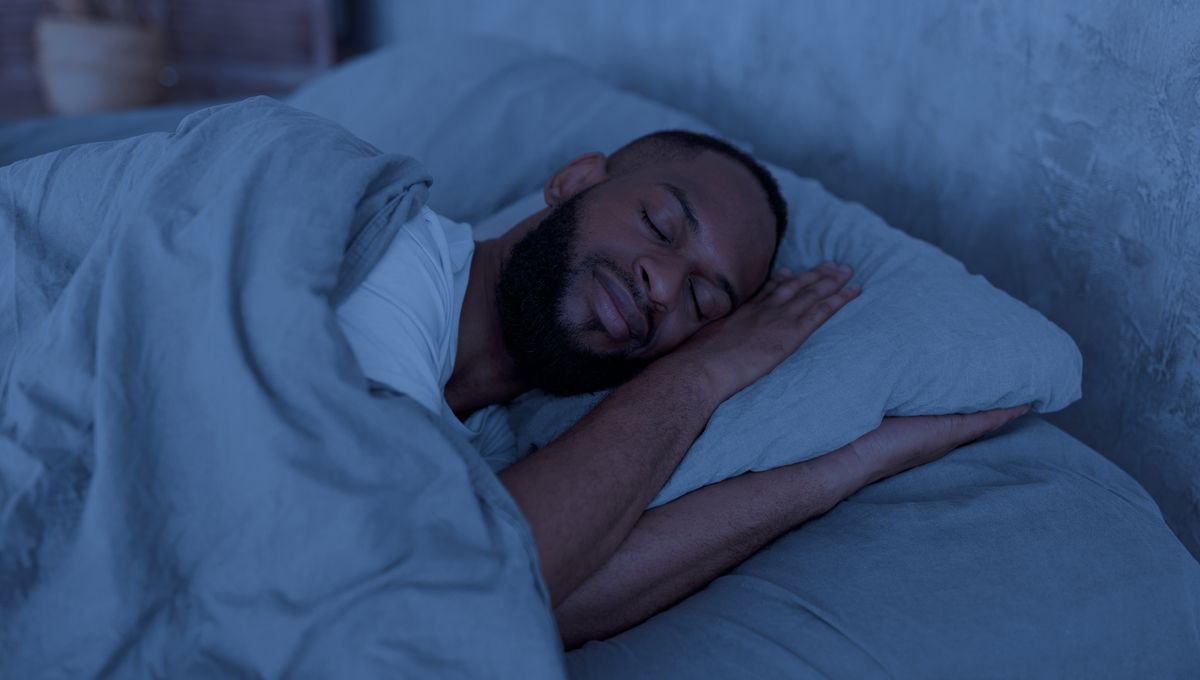
Let’s be real – regularly getting less than six hours sleep a night sounds like a recipe for winding up drowsy at your desk. That is, unless you’ve got short sleeper syndrome.
What is short sleeper syndrome?
ADVERTISEMENT GO AD FREE
Short sleeper syndrome (SSS) refers to people who naturally and routinely sleep for less than six hours – usually between four and six – and wake up feeling refreshed, without getting a case of the 3 pm sleepies like the rest of us might do after that amount of sleep.
While the word “syndrome” is often thought of as related to disease, short sleeper syndrome isn’t considered a sleep disorder. Instead, it’s a trait, with people who have it more formally referred to as “natural short sleepers”. In other words, it’s not happening because of a condition like insomnia, or from purposely restricting time for sleep – it’s just how someone naturally is.
It’s also common for people who are natural short sleepers to fall asleep and wake up easily – they often don’t need to use an alarm clock.
Why do some people naturally sleep less?
Not being jolted awake by Radar every morning sounds pretty damn dreamy, but if you’re hoping that there’s some way you too can become a naturally short sleeper, then we’re going to have to leave you disappointed.
While research into SSS is still ongoing, scientists have identified some genes that appear to play a role. One of these is the gene encoding DEC2, a protein that’s thought to be involved in the regulation of circadian rhythms.
Another is ADRB1, which was identified by sequencing and analyzing the DNA of a family with three successive generations of natural short sleepers, who all had a single mutation in this gene. When researchers engineered the mutated gene in mice, they discovered that it was highly expressed in a region of the brain associated with sleep regulation.
ADVERTISEMENT GO AD FREE
Before someone jumps on the sci-fi novel-esque idea of creating a genetically modified short-sleeper workforce, it’s worth pointing out that there’s still a lot to learn. Research into the molecular pathways that take us from genes to the short sleeping trait is limited to animals, and it’s possible that we may yet still discover even more contributing genes; traits aren’t always as simple as to involve just one or a few genes.
Is being a short sleeper bad for you?
For people without SSS who regularly get less sleep than they need, there can be some pretty significant downsides, with sleeping less than seven hours per 24 hours being associated with cardiovascular disease, obesity, and depression.
However, if someone is truly a natural short sleeper, then getting six hours of sleep a night doesn’t appear to do any harm. Although future research could potentially uncover some adverse effects, there’s currently no evidence to suggest that’s the case.
Some people really are just that lucky.
ADVERTISEMENT GO AD FREE
All “explainer” articles are confirmed by fact checkers to be correct at time of publishing. Text, images, and links may be edited, removed, or added to at a later date to keep information current.
The content of this article is not intended to be a substitute for professional medical advice, diagnosis, or treatment. Always seek the advice of qualified health providers with questions you may have regarding medical conditions.
Source Link: What Is Short Sleeper Syndrome – And Is It A Bad Thing To Have?